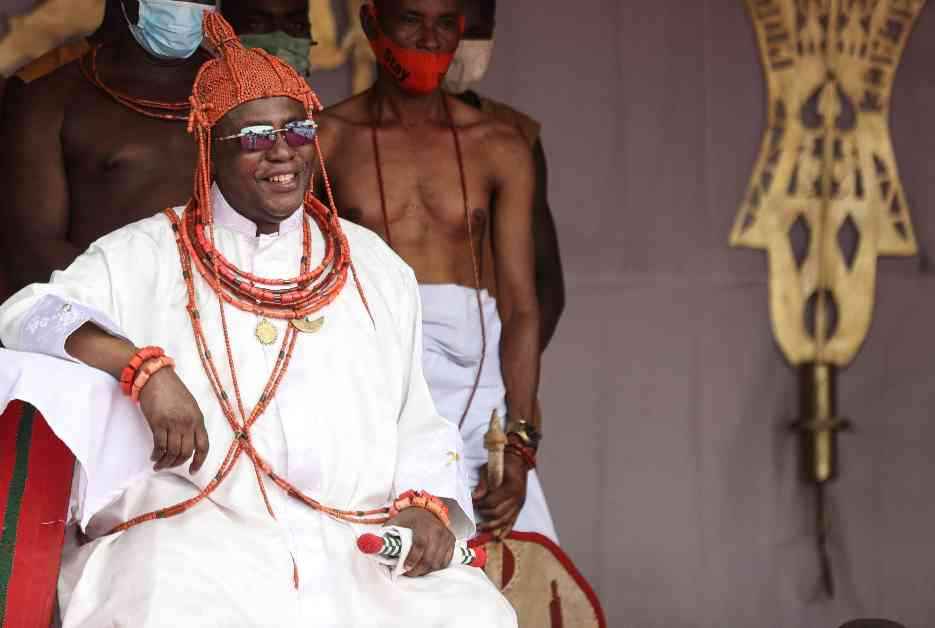Nigeria’s Quest to Reclaim Benin Bronzes: A Cultural Odyssey Unfolds
Nigeria’s ongoing battle to repatriate the Benin Bronzes, revered artifacts that hold a significant place in African history, has reached a pivotal moment. The National Commission for Museums and Monuments (NCMM) has stepped up to spearhead the retrieval and preservation of these looted treasures, signaling a shift from the previous decree that vested ownership in the Oba of Benin, the traditional ruler of the Edo people, back in 2023. The rationale behind this move is the inadequacy of the Benin Royal Court in providing the necessary infrastructure for the safekeeping of these invaluable artifacts, at least for the time being.
The Legacy of the Bronzes: A Tale of Plunder and Redemption
The Benin Bronzes, intricate sculptures and castings plundered by British troops during the infamous 1897 raid on the Kingdom of Benin, are currently dispersed among various European institutions. While some museums have already returned portions or the entirety of their collections, others like Cambridge University’s Museum of Archaeology and Anthropology faced complications due to the 2023 decree that vested ownership and control in the Oba, creating hurdles in negotiations with institutions seeking state-level supervision.
In a recent development, Olugbile Holloway, the head of NCMM, has shed light on the evolving situation, stating, “The Oba has granted NCMM the authority to exhibit, conserve, and seek reparations for these artifacts. This clears any ambiguity surrounding their custodianship.” The NCMM remains steadfast in its commitment to repatriate the Benin Bronzes while concurrently supporting the establishment of the Benin Royal Museum, envisioned as their future abode.
Beyond the logistical intricacies lies a deeper narrative. Holloway emphasized, “The repatriation of these artifacts transcends mere display or preservation. It is a quest for justice and the restoration of our people’s dignity, erasing the scars of the 1897 injustice.” While negotiations with Cambridge are reportedly back on track, the underlying conundrum persists: how to navigate the intersection of historical ownership and contemporary custodianship in a manner that satisfies all stakeholders.
Navigating a Path Forward: Balancing Heritage with Modernity
As Nigeria embarks on this cultural odyssey to reclaim its stolen heritage, the complexities of historical restitution and contemporary stewardship come to the fore. The NCMM’s pivotal role in overseeing the repatriation process underscores the nation’s unwavering commitment to righting the wrongs of the past and safeguarding its cultural legacy for future generations.
Expert voices in the field of cultural heritage underscore the significance of this endeavor. Dr. Adebayo Adedeji, a renowned art historian, remarks, “The restoration of the Benin Bronzes symbolizes a broader movement towards global reckoning with colonial legacies and the imperative of returning cultural artifacts to their rightful owners. Nigeria’s proactive stance sets a powerful precedent for other nations grappling with similar restitution challenges.”
As the dialogue between Nigeria and European institutions gains momentum, the pursuit of a harmonious resolution remains paramount. The journey to reclaim the Benin Bronzes transcends borders and timelines, encapsulating a shared commitment to honoring the past while forging a more equitable future.
In a landscape shaped by the echoes of history, Nigeria’s quest for cultural restoration stands as a beacon of resilience, underscoring the enduring power of heritage in shaping collective identity and fostering a legacy of unity and understanding. The road ahead may be fraught with challenges, but the spirit of determination and justice that propels this endeavor serves as a testament to the indomitable spirit of a nation reclaiming its narrative, one bronze at a time.












